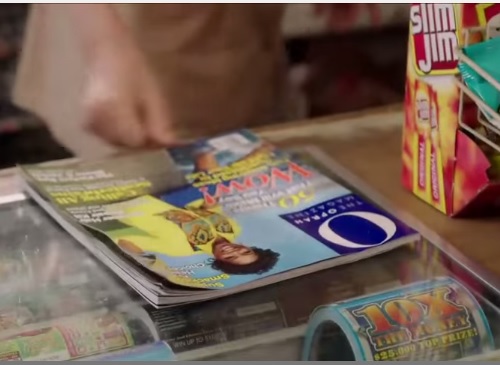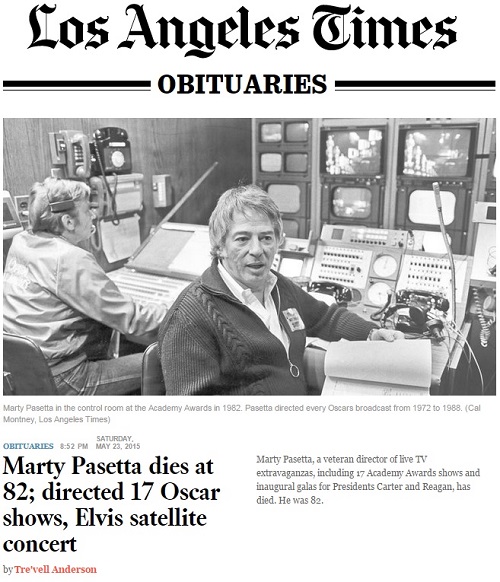|
When did you first realize that you wanted to write fiction? Was there an epiphanic moment?
I was a voracious reader as a child, clearing out the local library (my mother had given me a letter for the librarian, attesting that the books that I borrowed were for her reading alone), and I began to write plays, usually starring myself, when I was 9 or 10. There were years of bad poetry. I was features editor of the Punahou school newspaper. But at no moment did I clearly decide that I was going to be a writer, nor did it feel as if I had always been one. I left home for the mainland (I grew up in Hawaii) when I was 17 with no money or education beyond Punahou and the books that I’d read, and knew that I had to earn my living. I had a fantasy that I’d be a reporter and was sent by an equally naïve friend to Walter Annenberg, the owner of The Philadelphia Inquirer , who promptly sent me to the classified ad room, where I became an ad-taker. I’ve always thought that it was very good training: A man would call to place an ad in the hope of selling his used bed, and I would have to write a convincing few sentences on his behalf. I later read scripts for Jack Nicholson and oddly enough had to do the same thing – condense a complicated proposal into a statement of a dozen words.
We’ve talked before about how feeling different from the people around us – “mutant” was the word you used – informs or underpins the burgeoning writer’s mentality. Could you expand on that?
By mutant, I mean that state in childhood and adolescence of isolation, sometimes blissful, often bewildering, when you realize that you have little in common with the people closest to you – not because you are superior in intelligence or sensitivity, but because you perceive the world in an utterly different way, which you assume to be a failing on your part. It was only through reading and discovering characters who shared that feeling that I realized when I was about 14 that I wasn’t insane. And yes, I think that the sensation, the awareness and then the conviction that your perception of the world is not what might be called conventional, is essential to the making of an artist. It is a little like speaking a different language from the people around you – it affords you solitude, but it also means that you are sometimes misunderstood.
|








